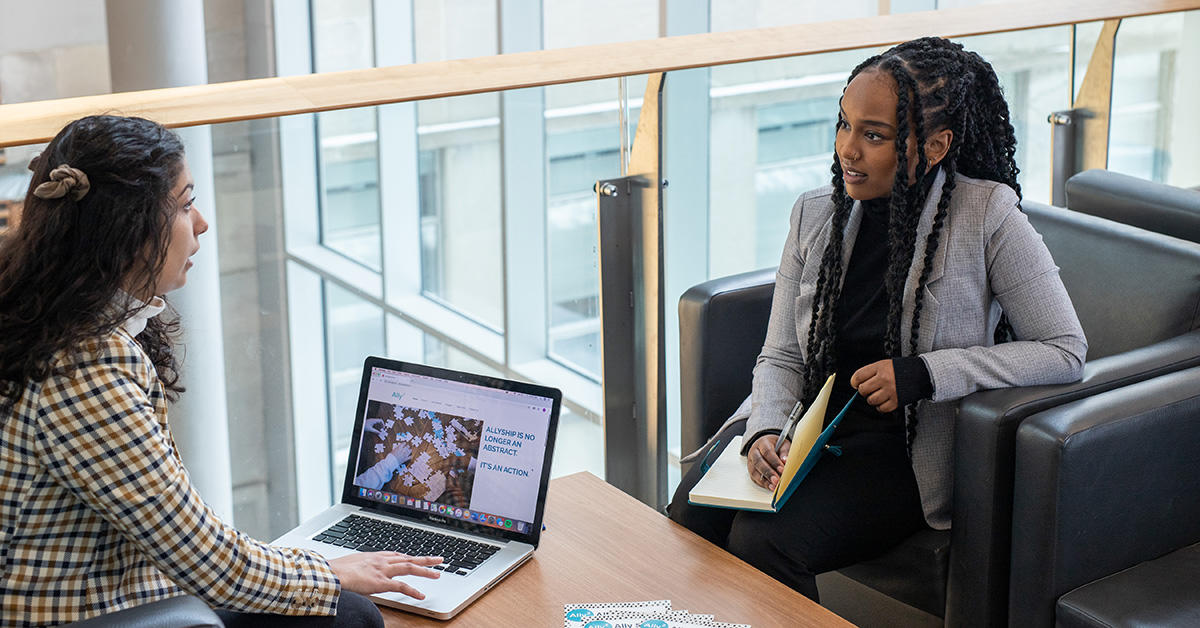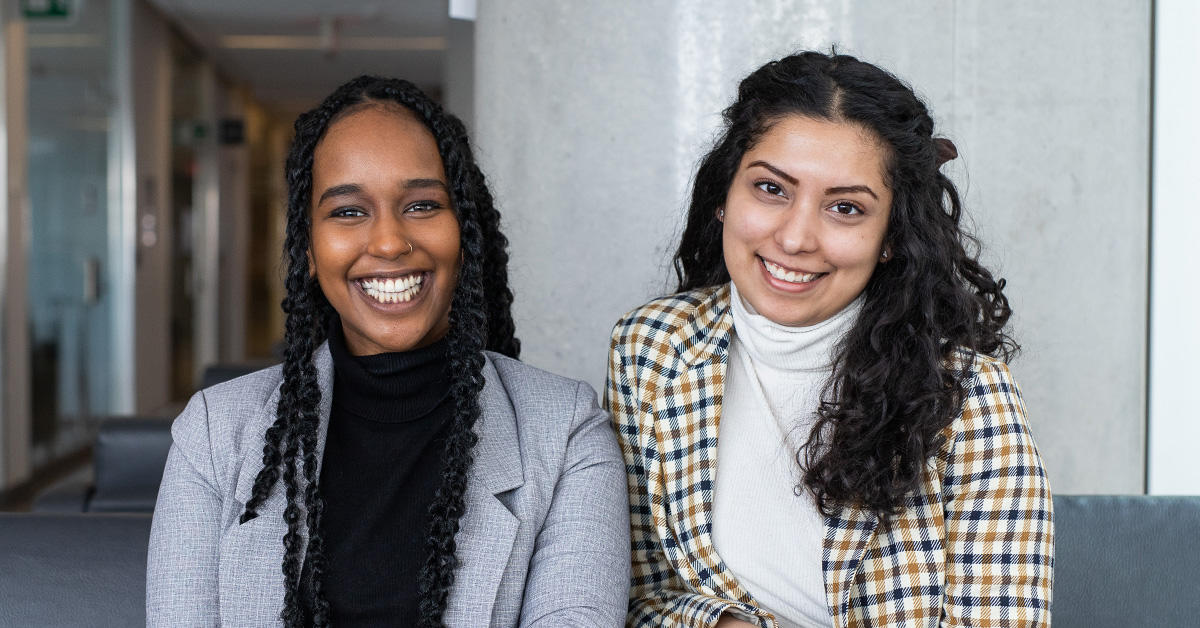
Uswah Ahsan was nine when she first moved to Canada from Pakistan with her family. She says it didn’t take long to realize that she was different from the people around her. Her skin was darker, she had a thick accent and her mother wore a hijab.
“People still don’t pronounce my name right, and don’t care to try and pronounce it right,” says Ahsan. “It implies that my name isn’t important, even though, culturally, it’s really important to me.”
Now a fourth-year political science student at uOttawa, Ahsan explains that it’s microaggressions like these that people from minority groups have to deal with every day; subtle or brief indignities that are intentionally or unintentionally harmful to the person on the receiving end. What’s more, they lead to a bigger systematic issue that excludes marginalized groups from job opportunities or having a voice in policymaking.
“In universities, it means that students from minority groups feel alienated by their professors, the curriculum, or their fellow students,” says Ahsan.
Rather than just talk about the problem, Ahsan wanted to do something about it – to help make change. So, this winter she launched Ally Squared, a grassroots, youth-led non-profit that explores the concept of allyship and offers workshops to the community on how to better understand and practice it.
Teaching people to advocate for themselves and others
When Ahsan came up with the idea for Ally Squared in the fall of 2019, she reached out to her good friend and former roommate Sumaya Sherif. Now in her fourth year at uOttawa, and studying law, Sherif knew firsthand how valuable this initiative could be and joined the Ally Squared team.
Growing up in a largely white community just outside of Toronto, she recalls working at the local movie theatre. During the summer months, she wore her hair in braids and her male co-workers would joke about cutting off her “stringy thingies.”
“You would never do that to anybody else,” Sherif remembers thinking to herself. “It’s humiliating in a sense, because it’s happening in front of a big group of people.”
Sherif explains that Ally Squared is just as much about giving people the tools to advocate for themselves, as it is for standing up for others. It is also an opportunity to hold a mirror up to people, to show them what microaggressions they are unknowingly asserting, and to recognize just how destructive they can be.
“It’s called Ally Squared because allyship doesn’t just mean someone else being your ally, but also having the confidence to be there for yourself,” says Ahsan.
Actions speak louder than words
With protests filling streets around the world, sparked by the deaths of George Floyd and Regis Korchinski-Paquet, more than ever there is a collective hunger to make a difference.
“There’s a lot of good intention out there, and people want to make progress – but they don’t necessarily know how,” says Ahsan.
She gives an example of people who retweet information or show up at marches, but don’t follow through on supporting causes through their daily actions.
She explains that Ally Squared’s approach, centered around allyship, equity and decolonization, is action-based, rather than intention-based. Their customized workshops give people the tools they need to take action, use their voice effectively and be proactive in making change.
Since they launched in February 2020, they have offered several workshops to the public and also to the University of Ottawa’s Undergraduate Development Students Association’s executive.
The power of first-person storytelling
The group also employs first-person storytelling, and accounts of lived experiences where allyship was missing, to help build allyship between marginalized communities.
Former Member of Parliament Celina Cesar-Chavannes has written a story for Ally Squared’s Ally Needed project, called “Assault on Black Women’s Bodies,” in which she shares her own encounters with microaggressions and shows us that discrimination exists even in spaces of power.
Their newest project, CommunALLY, explores avenues for allyship between First Nation, Métis, Inuit, Immigrant and Refugee communities. The Ally Squared team is currently calling for members of these communities to share their stories of lacking allies in any language and storytelling format.
Working to become a better ally hasn’t stopped because of the pandemic and social distancing. In fact, Ally Squared’s work has ramped up to support communities who are affected by the pandemic worse than others. Anyone looking for online resources, to book an online workshop, or to contribute a personal story, are encouraged to visit the Ally Squared website
